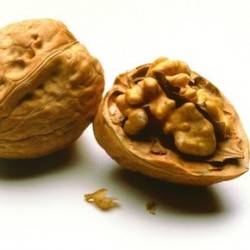Why the New York Times Got It Wrong about Vitamin D
Recently, a New York Times (NYT) article, Why are So Many People Popping Vitamin D?, suggested that taking vitamin D is a waste of time and money. Gina Kolata, a medical journalist for the NYT, highlighted two new studies concluding that vitamin D does not prevent cardiovascular disease (CVD) orRead











